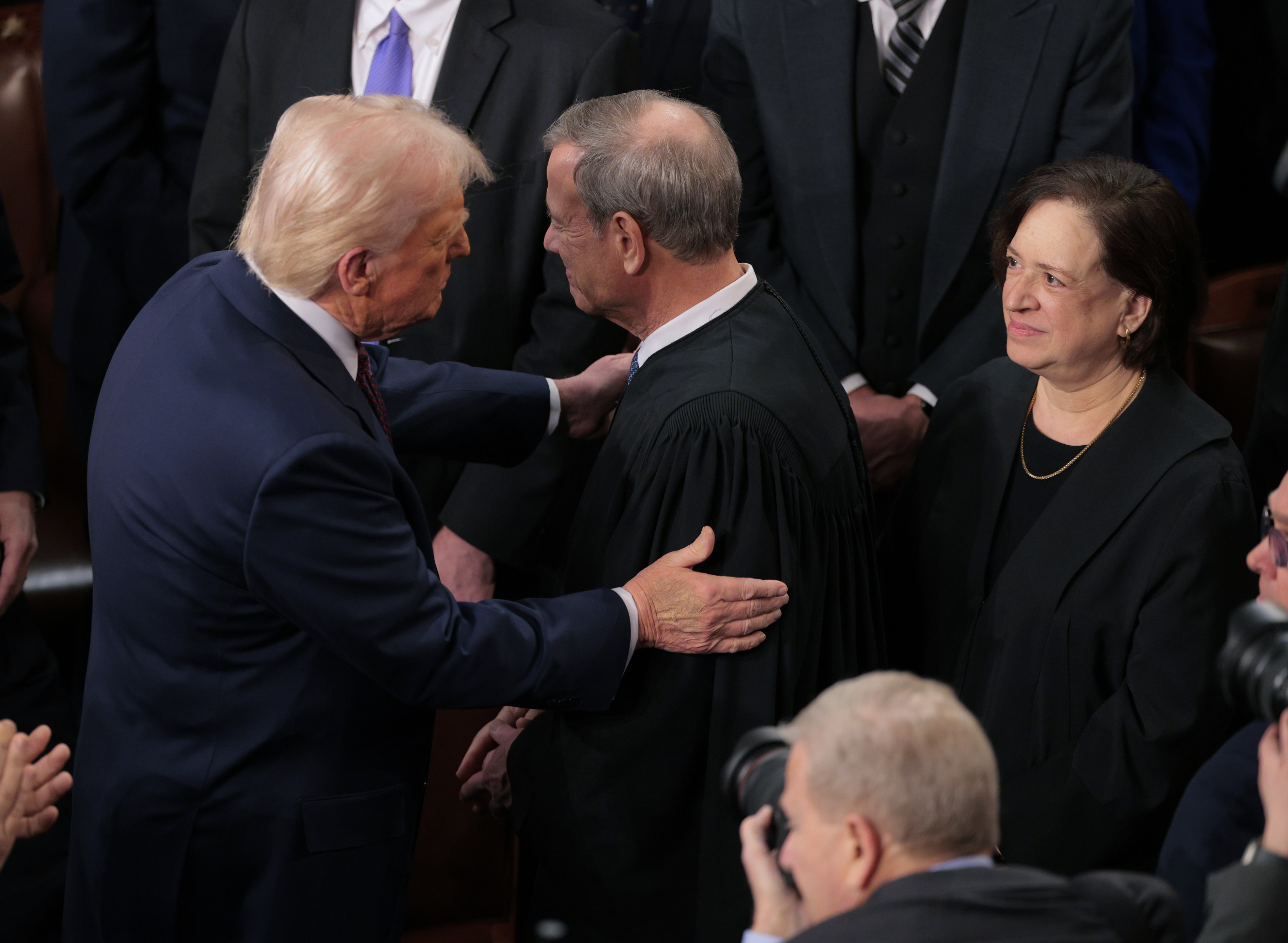🎙️ Voice is AI-generated. Inconsistencies may occur.
The Michigan Supreme Court on Thursday ruled that mandatory life sentences without the possibility of parole for 19-year-olds and 20-year-olds convicted of murder are unconstitutional.
Why It Matters
The court's decision expands on a 2022 ruling that banned such sentences for 18-year-olds. It means that hundreds of people will be eligible to return to courts to ask for a shorter sentence and a chance for freedom.
Michigan was among only 16 states that impose mandatory life terms on anyone convicted of first-degree murder who was over 18, according to the MacArthur Justice Center. Since 2021, courts or lawmakers in Washington state, Illinois and Massachusetts have prohibited life sentences for people under 21 or made parole opportunities available.

What To Know
In a 5-2 opinion, the court said mandatory life sentences for people who were 19 and 20 at the time of the crime violate a ban against "cruel or unusual punishment" in the Michigan Constitution.
Justice Elizabeth Welch wrote that a mandatory life sentence "that does not allow for consideration of the mitigating factors of youth or the potential for rehabilitation is a grossly disproportionate punishment."
Welch said the court's decision was based on scientific research about late-adolescent brain development and a young person's ability to fully understand the consequences of their actions.
"As late adolescents mature into fully developed adults, they become less prone to reckless decision-making, more likely to consider and appreciate consequences, and less susceptible to peer pressure," Welch wrote.
She was joined in the majority by Justices Megan Cavanagh, Richard Bernstein, Kyra Harris Bolden and Kimberly Thomas. All five were nominated by Democrats.
-

Colorado Judge Uses Supreme Court Order to Block Trump Admin Deportations
-
Amy Coney Barrett Sides With Liberal Justice During Supreme Court Hearing
-
Justice Alito Attacks SCOTUS' 'Legally Questionable' Trump Deportation Move
-
FSU Shooting Suspect Phoenix Ikner Shared 'Concerning' Views, Classmates Say
The court's two Republican-nominated justices, Chief Justice Elizabeth Clement and Justice Brian Zahra, dissented.
Writing in dissent, Clement said it should be the Legislature, not the court, that should decide whether to change the law.
"Courts should not reshape the law with every shift in scientific consensus, especially when it is the Michigan Constitution that is the subject of reshaping," Clement wrote.
A life sentence could still be possible for someone who is 19 or 20, but the burden will be on prosecutors to show that someone convicted of murder should never get a chance at parole. Judges will hear evidence about family life, mental health, education and other factors, the same process followed for people 18 or under.
The court heard appeals on behalf of Montario Taylor, who was 20 when he repeatedly shot a man in the victim's home in 2016, and Andrew Czarnecki, who was 19 when he was involved in the fatal beating of a man with a Christmas tree stand in 2013.
What People Are Saying
Welch wrote in the majority opinion: "The incredible capacity for change and potential rehabilitation of this class of individuals makes the infliction of mandatory LWOP on adolescent offenders particularly cruel. There are no meaningful differences between relevant brain development of late adolescents at age 18, taken as a class, as compared to age 19 or 20."
In a concurring opinion, Bernstein argued the ruling should be extended. He wrote: "I write separately to express my reasons for disagreeing with a bright-line rule drawn at age 21: first, I once again highlight the problem of underinclusiveness that is associated with drawing a bright-line rule; and second, if drawing any line were necessary, I would instead follow the consensus of the relevant scientific studies and draw such a line at age 25."
Clement wrote in dissent: "First-degree murder is arguably the gravest offense under Michigan law. The premeditated taking of a life is an act of the highest moral and legal consequence. A punishment of great severity is therefore proportionate."
J. Dee Brooks, the president of the Prosecuting Attorneys Association of Michigan, said in a statement: "Prosecutors are concerned about the further traumatization of the survivors and loved ones of victims will be a result of the Czarnecki ruling." Brooks added: "The resentencing hearings resulting from this ruling will also require tremendous amounts of time and expense to prosecutors' offices throughout the state. Many offices are already struggling to meet current caseloads without full staffs. Michigan's elected prosecuting attorneys will continue to fight for public safety and the protection of Michigan's innocent victims."
What's Next
The court's opinion says Taylor and Czarnecki are entitled to resentencing.
It said the decision also "applies retroactively to all relevant criminal cases," meaning those sentenced to life without parole for a murder that took place when they were 19 or 20 can ask for a new sentence.
This article includes reporting from The Associated Press.
fairness meter
About the writer
Khaleda Rahman is Newsweek's National Correspondent based in London, UK. Her focus is reporting on education and national news. Khaleda ... Read more



